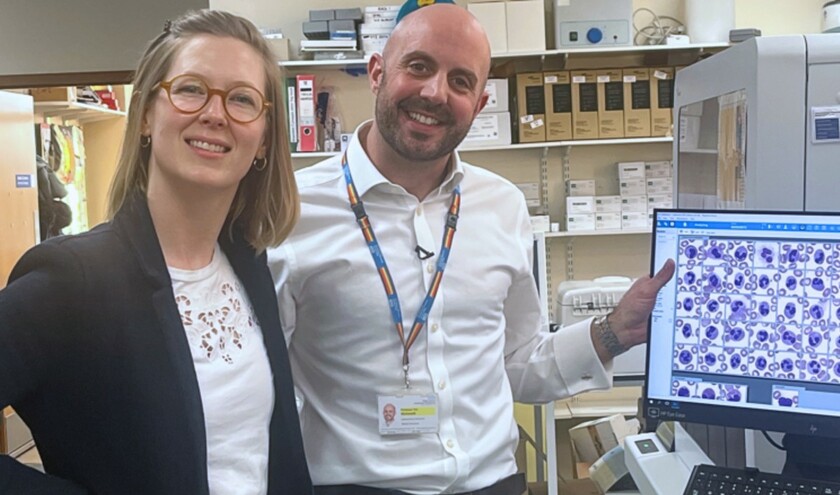The technology, which was developed by scientists at the University of Exeter, will initially be piloted on tests from five practices or medical centres in the county. In this pilot group, the research team estimates that the new algorithm would flag around 500 patients with raised platelets each year, with around 20 people in that group having cancer that would be caught earlier.
Where a patient has a high platelet count, the GP will be notified as part of the results sent back to them. The system includes providing clear guidance to the GP on what steps to take next to assess whether the reading warrants further investigation.
The initial pilot is expected to run for two years, including a staged expansion in specific regions. If rolled out across NHS, experts believe it could flag 10,000 patients a year who have a raised blood platelet count before their cancer diagnosis. Recognition of this early warning sign could lead to earlier diagnosis and better patient outcomes.
Professor Sarah Bailey, associate professor of primary care diagnostics at the University of Exeter, said: 'General practitioners know that a raised platelet count can be an early sign of cancer. This study will give them more information about when this should be taken as a warning sign, and how to act on it. This study paves the way for more tailored interpretation alongside practical advice for GPs about next steps.'
Professor Tim McDonald, clinical director for pathology at the Blood Sciences Laboratories at the Royal Devon University Healthcare NHS Foundation Trust, added: ‘This research really is a win-win for improving cancer diagnosis. It's actually very simple for us to add to the routine tests we're already conducting, and we hope it will mean that GPs can catch cancer in some patients earlier, which we know leads to the best outcomes.'
The research paper Improving the Clinical Utility of Platelet Count for Cancer Detection in Primary Care: A Cohort Study in England, Canada, and Australia is published in Cancers.



